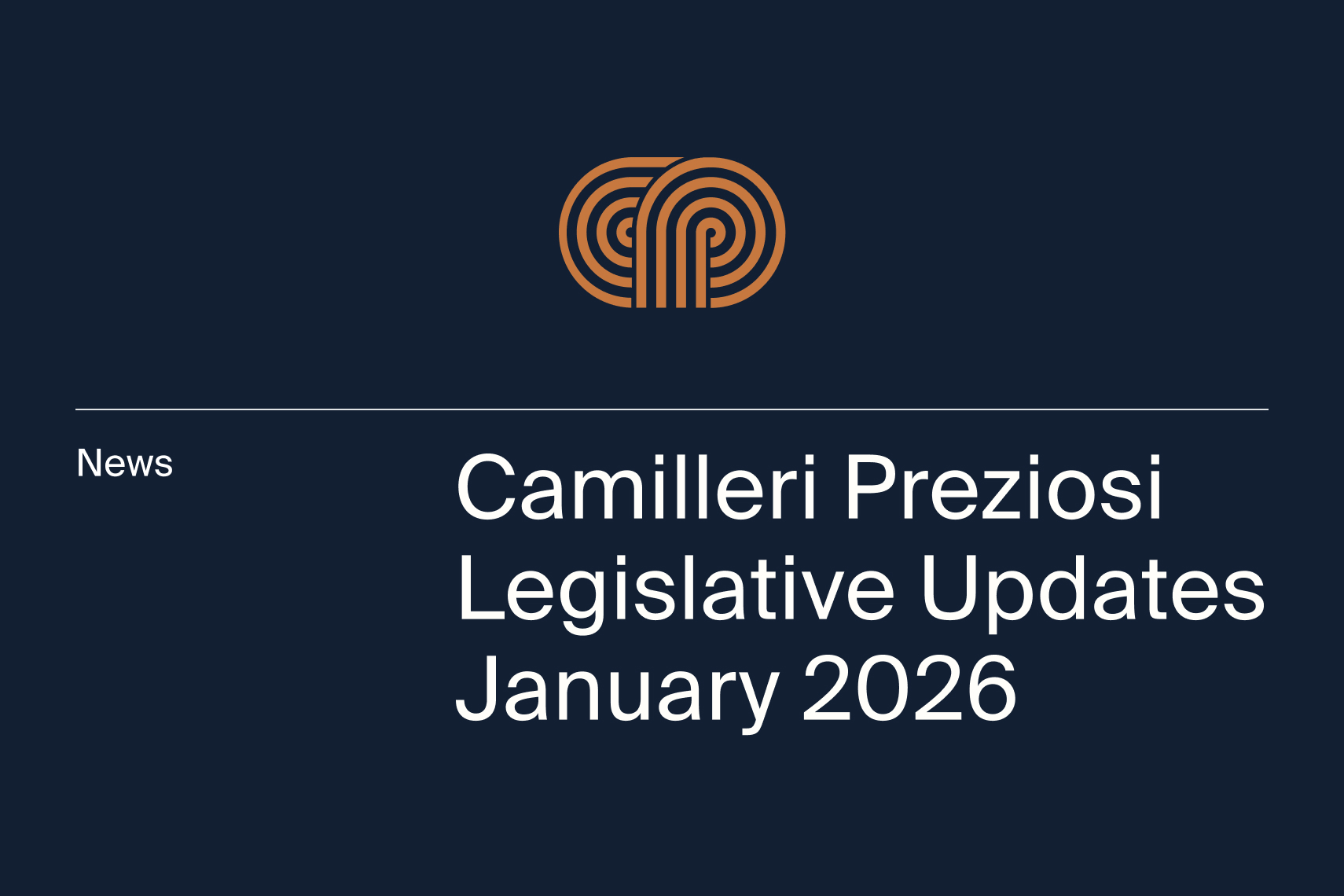Malta’s Blockchain Legal Framework has been officially approved by Parliament, resulting in the formal enactment of three complimentary legislative Acts, entitled:
- The Virtual Financial Assets Act;
- The Innovative Technology Arrangements and Services Act; and
- The Malta Digital Innovation Authority Act.
The promulgation of Malta’s Blockchain Legal Framework represents the fruit of a collective effort spearheaded by the Parliamentary Secretariat for Financial Services, Digital Economy and Innovation, together with the Malta Financial Services Authority (the “MFSA”). In contrast with other jurisdictions, this innovative and robust regulatory and legal framework adopts a holistic approach to the digitalisation of our economies, catering for various aspects of blockchain technologies, services and use cases, from ICOs, to Crypto-Currencies and Exchanges, Distributed Ledger Technologies, Smart Contracts, to other innovative technology arrangements and services.
The Acts are expected to be supplemented by subsidiary regulations in the upcoming weeks and months, so as to iron out the fine details. Turning to each Act respectively:
The Virtual Financial Assets Act (the “VFA Act”)
The VFAA introduces a mandatory licensing regime that regulates DLT assets (the “DLT Assets”), featuring two new classes of digital assets to be known as Virtual Tokens (“VTs”) and Virtual Financial Assets (“VFAs”) respectively, which will complement existing assets such as electronic money and financial instruments. In addition, the VFAA will regulate ancillary services and product offerings, including Initial Virtual Financial Asset Offerings and DLT Asset Exchanges. Moreover, the VFAA introduces a new form of service provider, being Virtual Financial Asset Agents (“VFA Agents”), who will be required to be registered under the VFA Act to provide a range of services to VFA issuers.
The Innovative Technology Arrangements and Services Act (the “ITAS Act”)
The ITAS Act formulates a voluntary certification and registration regime for Innovative Technology Arrangements (“TASs”) and Technology Service Providers (“TSPs”) respectively. Although the ITAS Act initially encapsulates DLT solutions and Smart Contracts, the Act has been drafted in a flexible manner so as to develop in tune with emerging market innovations, such as Artificial Intelligence and Internet of Things technologies. The rationale behind this voluntary certification and registration is rooted in the regulator’s desire to foster an innovative ecosystem grounded in trust, leveraging the MDIA’s seal of approval and Malta’s goodwill as a jurisdiction of good repute.
The Malta Digital Innovation Authority Act (the “MDIA Act”)
The Malta Digital Innovation Authority will be established as the responsible for promoting governmental policies which support the development of Malta in promoting itself as a hub for innovative technologies. The MDIA will also act as a consultative body to other national competent authorities in regard to matters related to innovative technologies. To ensure value-creating synergies across multiple sectors, the MDIA Act also introduces a Joint Regulatory Efficiency Board and a National Technology Ethics Committee. This Committee is designed to ensure effective cooperation between the MDIA and other national competent authorities in the area of technology uses and ensure that the proper standards of ethics are reflected in the use of such technologies.
For further information about Malta’s Blockchain Legal Framework and about our firm’s services in relation to the above, please contact us at blockchain@camilleripresiozi.com










